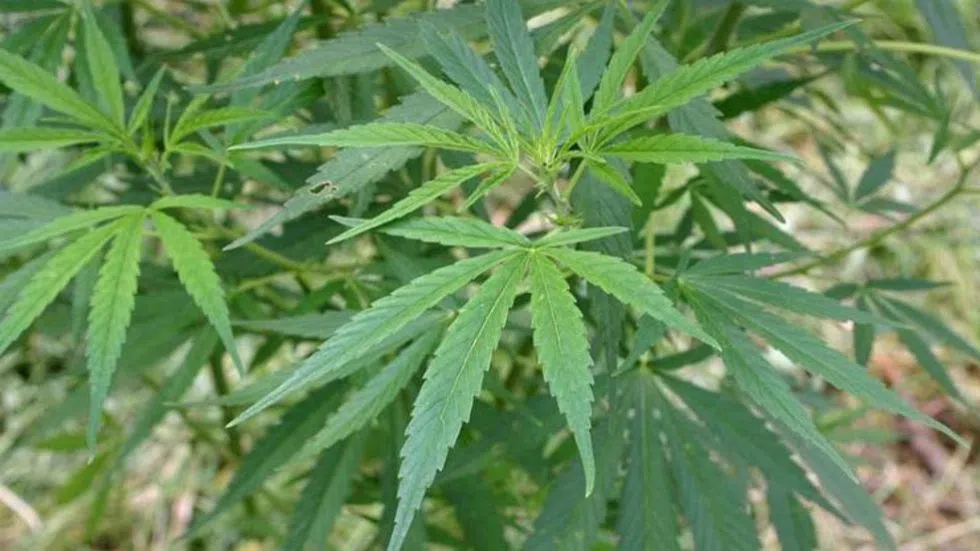
City signals support of $30K cannabis business licence fee, restricted operating hours
Round two of talks hashing out the cost for cannabis retail business licences went smoother than the first and ended with Prince Albert’s executive committee signalling its support to move forward on a $30,000 fee and to restrict storefront hours.
After nearly two hours of talks, which included a procedural challenge, the city’s lawmakers voted 6-3 to roll out the city’s Cannabis Business Licence Bylaw with the steepest fees so far in the province and making P.A. the sole municipality to restrict operating hours to between 11 a.m. to 11 p.m. The provincial Cannabis Control Act will allow storefronts to operate from 8 a.m. to 3 a.m., though it leaves the door open for local authorities to tighten the times. The annual licence renewal fee will be decided next year, in order to gain a better understanding of associated costs and charge accordingly. Wholesale and production facility fees will be set at $2,500.
Councillors Dennis Ogrodnick, Charlene Miller, and Evert Botha were opposed the pricey fee, while Botha, Miller, and Terra Lennox-Zepp voted against the restricted hours, believing they should be in line with liquor outlets. The new bylaw will come back before city council at its next meeting for formal approval.
Here are what other city's across the province are charging. pic.twitter.com/Fg7PyJk3rz
— Tyler Marr (@JournoMarr) July 24, 2018


